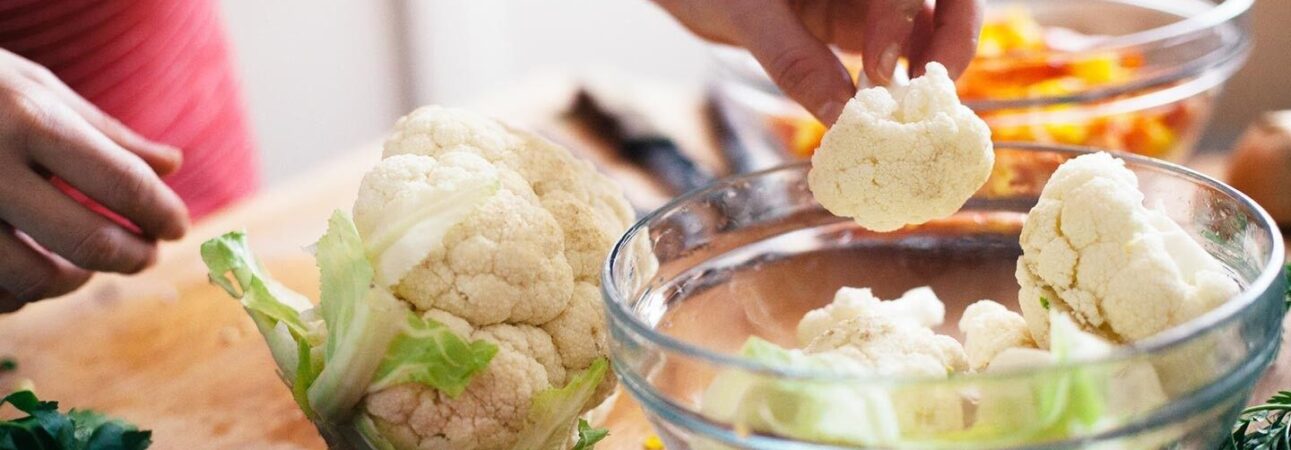Cancer is considered to be a terrible disease, but regular cancer screening can help detect it early and treat it early.
Immunity and antioxidant power are important to suppress the growth of cancer cells. In order to enhance those two powers, it is recommended to eat vegetable foods instead of animal foods. Our body is made up of as many as 60 trillion cells, and every day the cells are damaged by toxic substances such as reactive oxygen species. The body has the function of repairing and recovering cells, but when the immune system is weakened, cancer cells cannot be eliminated. When cells are damaged excessively, genes are damaged, cancerous cells increase, and they spread to the surroundings as a mass.
Cancer cells are created and disappeared every day in our body. It is immunity and antioxidant power that stop the growth. And it is the wide variety of phytochemicals contained in plant foods that enhance these powers.
The cause of cancer cells is not one, but multiple factors such as air pollution, ultraviolet rays, viruses, smoking, and diet. Cancer cannot be completely prevented, but by looking back on daily life such as smoking, eating, stress, and exercising, it is possible to make it harder to get cancer, that is, to prevent it.
What is a diet for cancer prevention?
Currently, the factors that reduce and increase the risk of cancer are known. The basis of the meal is a well-balanced meal of one soup and three vegetables
- Eat many types, mainly plant foods
- Eat lots of vegetables and fruits
- Eat many types of grains, legumes and root vegetables
- Meat is 80g or less per day
- Avoid animal fat foods (saturated fatty acids) and take moderate amounts of fat from vegetable fats.
- Salt is 6g or less per day for adults
- Alcohol is modest
- Eat food while it is fresh
- Watch out for food additives and pesticide residues
- Refrain from burnt food
No animal foods such as meat appear in the best cancer fighting diet. This alone demonstrates the superiority of plant foods, but those that use plenty of chemical fertilizers and pesticides have the risk of inducing cancer. Choose one that is cultivated without relying on chemical fertilizers or pesticides as much as possible.
Foods that increase the risk of cancer
- Alcohol: liver cancer, colon cancer, breast cancer, lung cancer, esophageal cancer
- Salt: stomach cancer
- Meat: colorectal cancer, breast cancer
The reason why the risk of cancer increases due to salty foods such as salted fish and dried fish is that food components such as fish, vegetables and pickles react with nitric acid in the stomach, and the nitroso compound produced is the most abundant in stomach cancer.
Foods that prevent cancer
- Vegetables: Lung cancer, stomach cancer, colon cancer, breast cancer
- Fruits: lung cancer, stomach cancer, breast cancer
- Carotene: Lung cancer
- Vitamin C: stomach cancer
- Dietary fiber: colon cancer (colon only)
The National Cancer Center of the United States has picked up about 40 types of foods that have a cancer-preventing effect, mainly ingredients that have a cancer-suppressing effect that are present in natural plants.
Foods that prevent cancer include vegetables, fruits, and vegetable oils that contain vitamin A, vitamin C, and vitamin E, as well as foods that contain functional ingredients (polyphenols, carotenoids, etc.). Polyphenols and carotenoids have antioxidant properties and work to remove active oxygen in the body.
People with high intake of β-carotene contained in green and yellow vegetables are said to have a low risk of developing lung cancer. There are also reports that intake of vitamin D, calcium, folic acid reduces the risk of colorectal cancer.
In the cancer diet, by improving nutritional status, promoting metabolism (change and replacement of substances in the body), using natural cancer treatment and boosting immunity (function to defeat pathogens such as bacteria and viruses and cancer cells), the purpose is to improve the constitution. The cancer diet is combined with treatment by your current doctor. It is important to eat a diet that does not lack energy, protein, vitamins, and minerals in order to maintain physical strength and prevent infections. The basis is to eat a well-balanced diet slowly.
However, it may be difficult to eat because you think “Let’s do our best to eat”. When you get sick, your appetite decreases due to various factors such as anxiety and anxiety, changes in the living environment, sequelae of surgery and side effects of treatment. Unless your doctor gives you special instructions on how to eat, it is important that you do not overdo it and start with what you can eat, depending on your physical condition and stomach condition. It is a good idea to try to enjoy eating according to the situation at that time, such as changing your mood by eating out or devising the color and texture.


